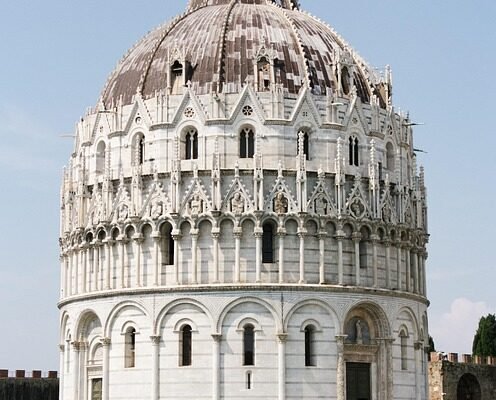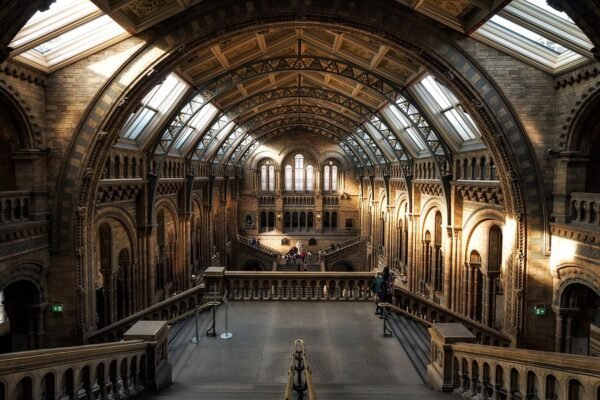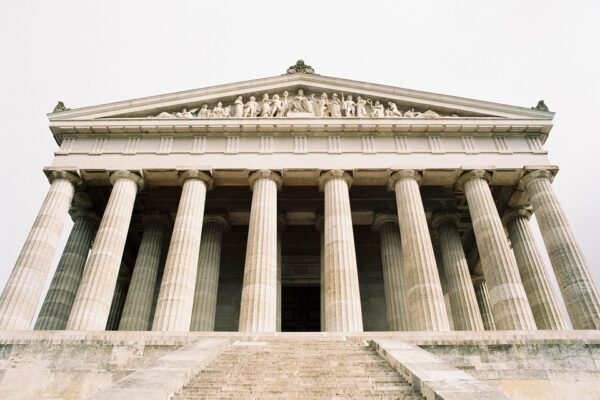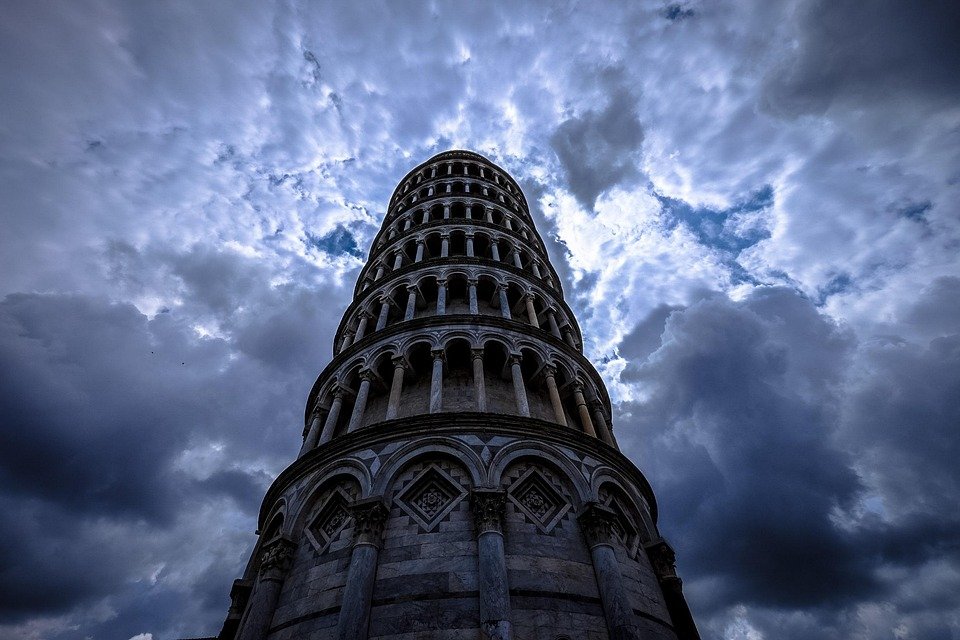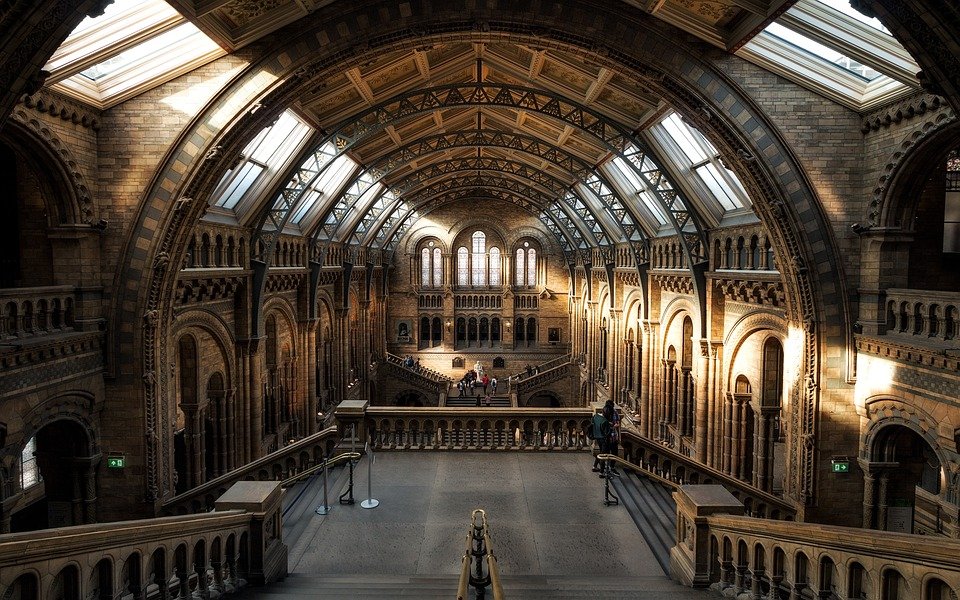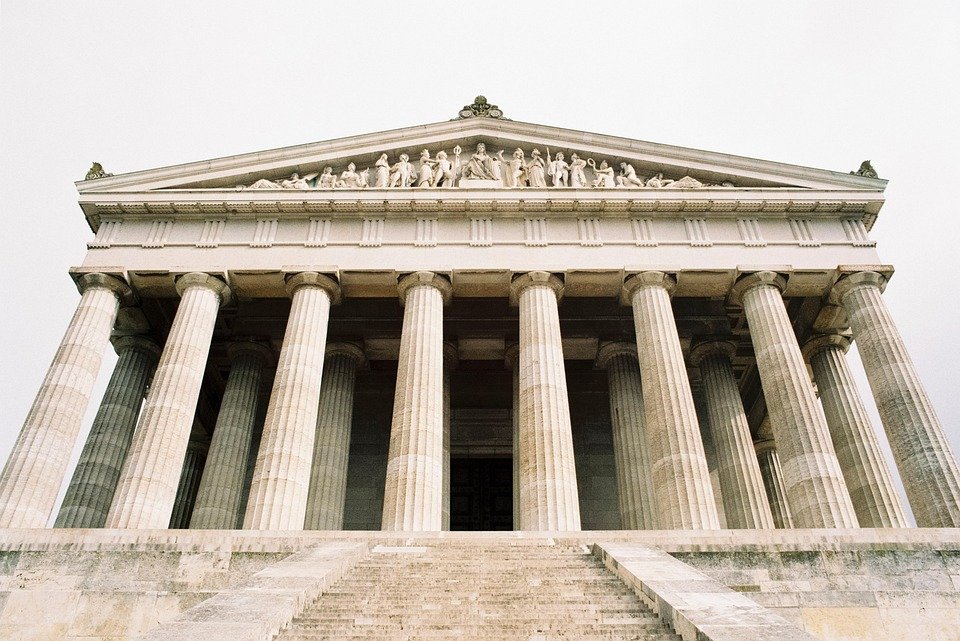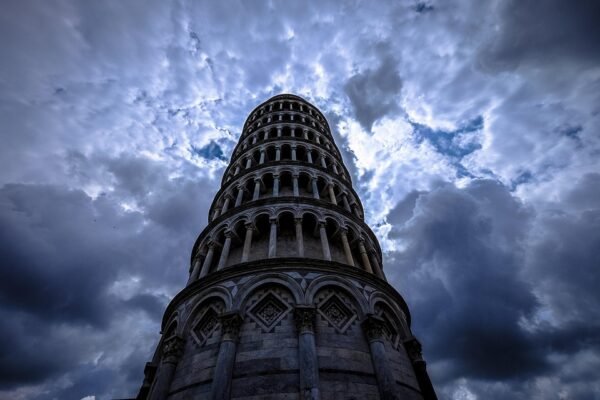
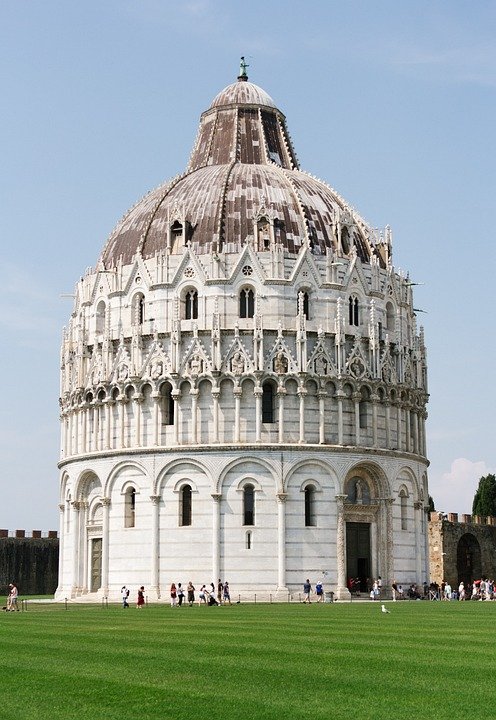
On this day: January 1
New Year’s Day Traditions
January 1st is celebrated as New Year’s Day in many countries across the world. It is a day of new beginnings, resolutions, and traditions. The tradition of making New Year’s resolutions dates back to ancient Babylonian times, when people would make promises to the gods to pay off debts and return borrowed items. Today, many people make resolutions to improve themselves in the coming year.
The Gregorian Calendar
January 1st is also significant because it marks the beginning of the new year on the Gregorian calendar. The Gregorian calendar was introduced by Pope Gregory XIII in 1582 as a reform of the Julian calendar. The Gregorian calendar is now the most widely used calendar system in the world, with January 1st as the official start of the new year.
Historical Events on January 1
Throughout history, January 1st has been the setting for many significant events. Here are a few notable events that have taken place on this day:
1801: The United Kingdom of Great Britain and Ireland is established
On January 1, 1801, the Act of Union came into effect, uniting the Kingdom of Great Britain and the Kingdom of Ireland to create the United Kingdom of Great Britain and Ireland. The union lasted until 1922, when Ireland gained independence and the country was renamed the United Kingdom of Great Britain and Northern Ireland.
1863: The Emancipation Proclamation is issued by President Abraham Lincoln
On January 1, 1863, President Abraham Lincoln issued the Emancipation Proclamation, declaring that all slaves in Confederate states were to be set free. The proclamation was a turning point in the Civil War and paved the way for the eventual abolition of slavery in the United States.
1892: Ellis Island opens as an immigration station
On January 1, 1892, Ellis Island in New York Harbor opened as an immigration station, welcoming millions of immigrants to the United States. Over the next several decades, Ellis Island processed millions of immigrants from all over the world, making it a symbol of hope and opportunity for many.
1959: Fidel Castro seizes power in Cuba
On January 1, 1959, Cuban revolutionary Fidel Castro overthrew the government of President Fulgencio Batista and seized power in Cuba. Castro’s rise to power marked the beginning of a new era in Cuban history, with Castro ruling the country until his retirement in 2008.
1983: The Internet is born
On January 1, 1983, the modern Internet was born when the ARPANET officially switched from using the NCP protocol to the TCP/IP protocol. This change allowed for the creation of the Internet as we know it today, connecting millions of people around the world through a vast network of computers.
New Year’s Day Celebrations
On January 1st, people around the world celebrate the start of the new year with a variety of traditions and celebrations. In many countries, New Year’s Day is a public holiday, with parades, fireworks, and parties to ring in the new year. Some countries have unique traditions, such as eating certain foods for good luck or participating in polar bear plunges to start the year off with a jolt.
Overall, January 1st is a day of reflection, celebration, and new beginnings. It is a time to look back on the past year and look forward to the possibilities of the year ahead. Whether you’re making resolutions, celebrating with loved ones, or simply enjoying a day off, January 1st is a day to mark the start of a new chapter in the story of our lives.

